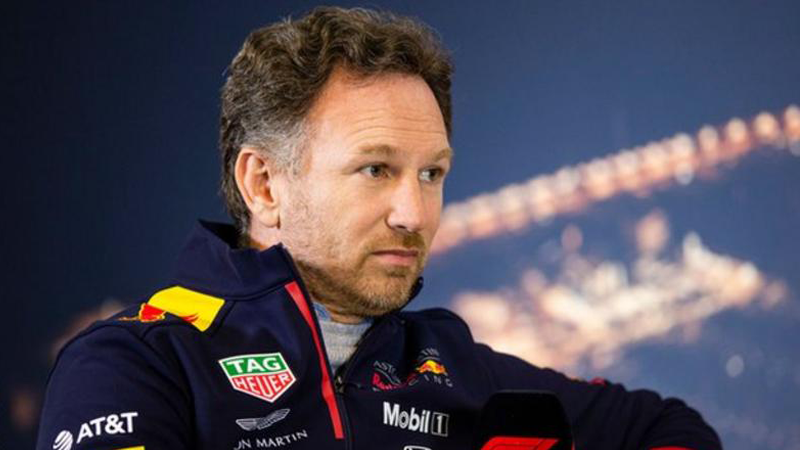The move leaves Red Bull and Alpha Tauri needing to find an engine supplier and the sport with just three engine companies.
Honda said the move was a result of the transformation of the car industry away from internal combustion engines.
They are pursuing “carbon neutrality by 2050” through “future power-unit and energy technologies, including fuel-cell vehicle and battery technologies”.
Red Bull team principal Christian Horner said: “The shifting focus within the automotive industry has led to Honda’s decision to re-deploy their resources and we understand and respect the reasoning behind this.
“Their decision presents obvious challenges for us as a team but we have been here before and with our strength in depth we are well prepared and equipped to respond effectively, as we have proven in the past.
“Our joint focus for the remainder of the 2020 and 2021 seasons are unchanged, to fight for victories and challenge for the championship.”
Red Bull said they “remained committed to the sport in the long term” having signed a new contract with F1 last month.
“We look forward to embarking on a new era of innovation, development and success,” said Horner. “As a group, we will now take the time afforded to us to further evaluate and find the most competitive power-unit solution for 2022 and beyond.”
Honda returned to F1 in 2015 and spent a difficult three years with McLaren, with both engine and car not at a competitive level.
The company switched to Red Bull’s junior team Toro Rosso for 2018 and then Red Bull itself for 2019, and have won a total of five grands prix over the last two years.
However, Red Bull and Honda have been unable to provide a consistent challenge to world champions Mercedes, who this year have increased their margin on the field.
Honda president Takahiro Hachigo said that despite the decision, it would press ahead with plans for a new power-unit design for 2021, with the aim of challenging for the world championship.

